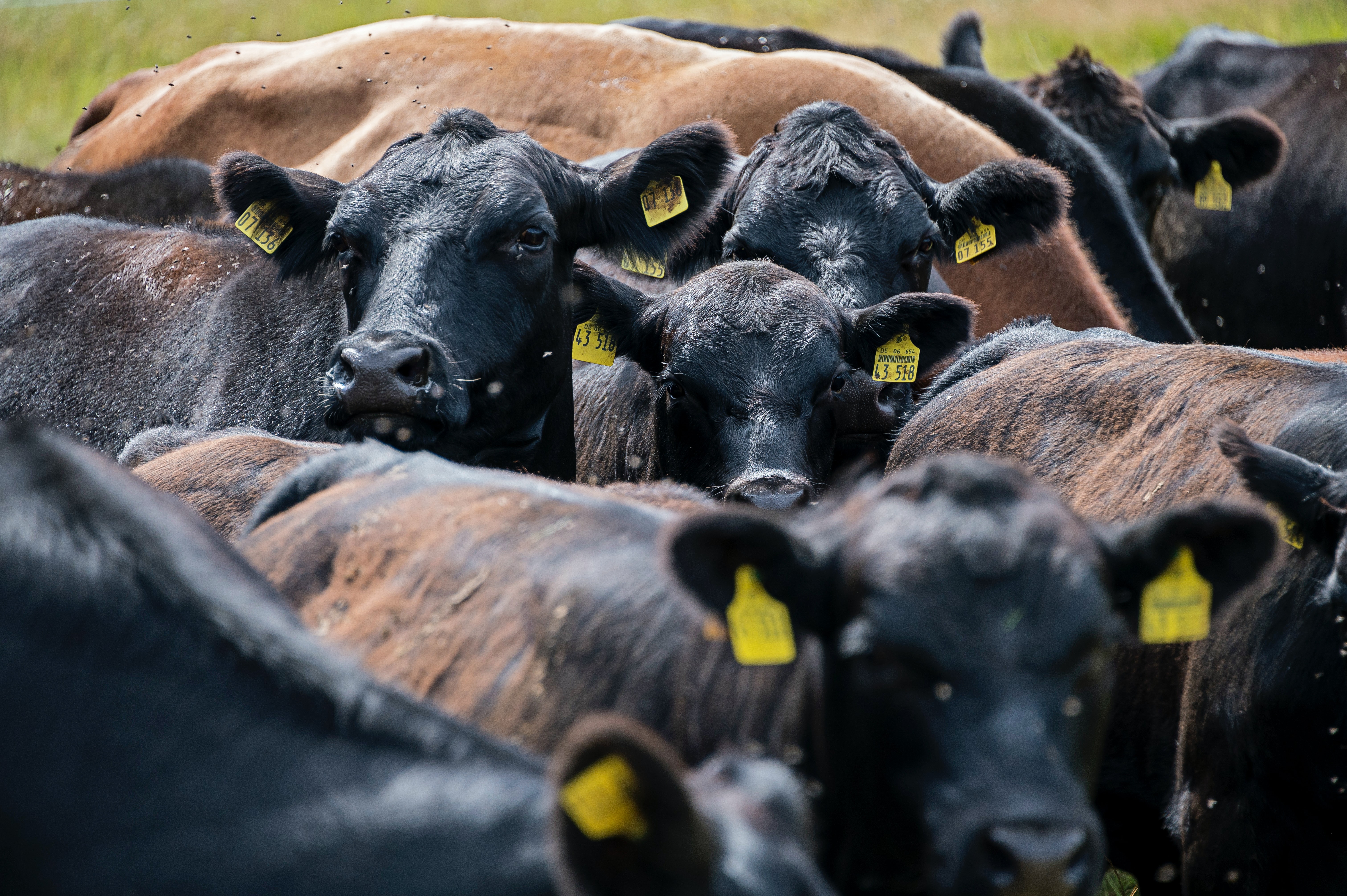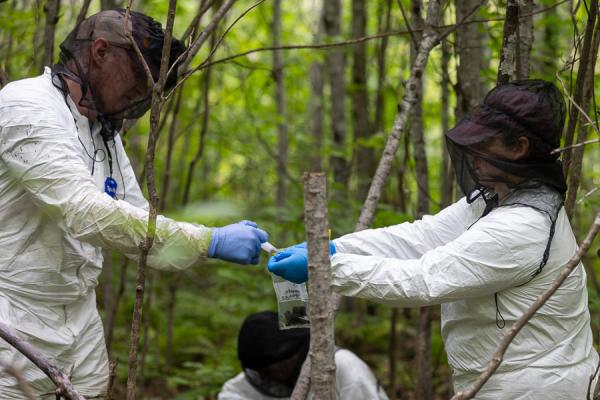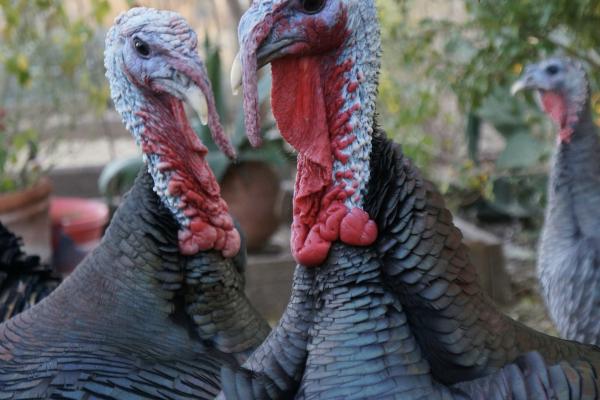Newly funded: U of M researcher secures award to develop rapid field test for foot-and-mouth disease
January 11, 2022

A University of Minnesota researcher has secured more than $500,000 from the USDA Animal and Plant Health Inspection Service to research and develop a rapid field test for foot-and-mouth disease (FMD), a critical mitigating solution for a disease that causes economic loss of up to $21 billion in those parts of the world where it’s endemic.
FMD is a highly contagious vesicular disease that causes blisters on various body parts of cloven-hoofed animals like cattle and swine. The disease reduces livestock productivity and causes direct economic loss to farmers through slower animal weight gain, decreased milk production, abortions, and increased mortality in young calves and pigs, according to the USDA. Indirectly, an outbreak of FMD in the U.S.—wherein there has not been a case since 1929—could cause economic loss from the closure of foreign borders to U.S. livestock exports.
The best way to mitigate FMD outbreaks is to find the disease quickly—to reduce the time between suspicion of an outbreak and confirmation. But current testing methods require samples be sent to diagnostic laboratories—a costly and time-consuming process. For this project, researchers led by Sunil Mor, BVSc & AH, MVSc, PhD, in the Department of Veterinary Population Medicine, aim to develop an easy-to-use, accessible molecular diagnostic field test that would produce results in 30 minutes.
RELATED: Research roundup: Are areas of greater human and animal populations critical for shaping patterns of foot-and-mouth disease spread in East Africa?
To round out the test, which they plan to call “FMDsure,” the scientists will also develop a simple method for preparing samples that would fall within that 30-minute timeline. The test results would display as positive, negative, or non-conclusive, eliminating user misinterpretation. They will assess the test’s sensitivity by running it against current diagnostic lab tests for the disease.
Where the disease is endemic, as in portions of South America and large swaths of Africa, the Middle East, and Asia, the high monetary and time costs, or a dearth of accessible labs, are barriers to diagnosing an outbreak—which can spread quickly. This test would represent a low-frills, less expensive alternative that would be widely accessible to farmers and field veterinarians.
Key to the $554,768 project are Dr. Yogesh Chander of Varigen Biosciences, an expert in developing point-of-care diagnostic assays based on loop-mediated isothermal amplification technology, on which the test will be based, and Dr. Victor Ngu Ngwa of the University of Ngaoundere, Cameroon, who will lead the evaluation of diagnostic sensitivity and specificity of the FMDsure kit using clinical samples.
The project is slated to begin on Jan. 1 and run through December of 2023.


